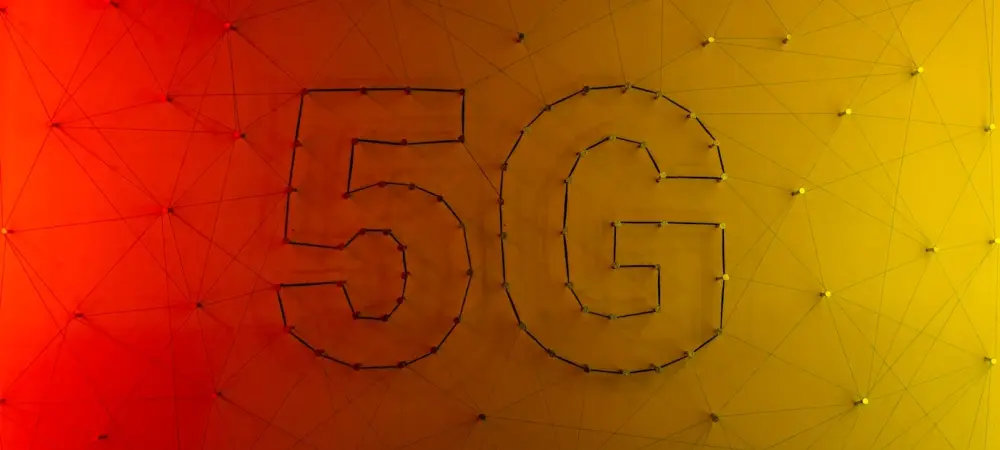As the digital age unfolds, utilities face an unprecedented challenge: how to stay relevant and efficient with increasing technology demands. With cities across the globe racing to catch up, Memphis Light, Gas, and Water (MLGW) is taking a pioneering step by rolling out a private 5G network that’s set to revolutionize utility management.
On the Path to Utility Modernization
The advancement of 5G technology is not just another leap in connectivity—it’s a seismic shift poised to transform how utilities manage and distribute resources. This initiative is particularly crucial as utilities seek to modernize communications systems to improve energy distribution, enhance cyber defenses, and ensure reliable service. In line with this transformative potential, MLGW’s strategy to adopt Nokia’s 5G technology demonstrates a commitment to leveraging cutting-edge solutions. These efforts ensure higher efficiency and stronger cybersecurity measures, both critical in a world where energy management faces increasing scrutiny and cyber threats.
Unlocking the Benefits of 5G
Nokia’s deployment of a private 5G network promises numerous advantages for MLGW. Integration of communication infrastructures across electric, gas, and water services will streamline operations and boost efficiency. Practical applications like automated meter reading and immediate fault detection will significantly enhance service delivery, minimizing disruptions for thousands of customers in Memphis and Shelby County. The future could see innovations such as connected mobility and enhanced communication services—the possibilities seem endless, suggesting that the citywide adaptation of such technologies could become a new standard in public utility services.
Thought Leadership and Proven Impact
Industry leaders, including executives from Nokia and MLGW, emphasize that this deployment represents a milestone for municipal utilities. The association of proven success stories with private 5G networks worldwide implies tapping into a transformative experience. Through anecdotes from case studies, experts note the increased reliability and lowered operational costs created by adopting new technologies. These insights reveal the assurance that embracing technology leads to real-world efficiency gains.
Building the Future of Utilities
Transforming into a smart utility is a complex journey that begins with strategic planning and technological integration. Incorporating technologies like IoT devices, smart grids, and automated systems is foundational to this process. Utilities must focus on developing agile, scalable infrastructures—methods underscored by Nokia’s extensive experience in deploying secure private networks. Successful integration of 5G technology is heralded by infrastructure that fosters reliable services and promotes energy innovation, such as supporting electric vehicle adoption and broader grid enhancements. City planners and industry leaders would do well to closely observe this groundbreaking initiative. MLGW’s success could inspire broader adoption, setting a strategic framework for utility providers around the world. Embracing digital advances promises to secure a smarter, more effective, and truly connected future.

